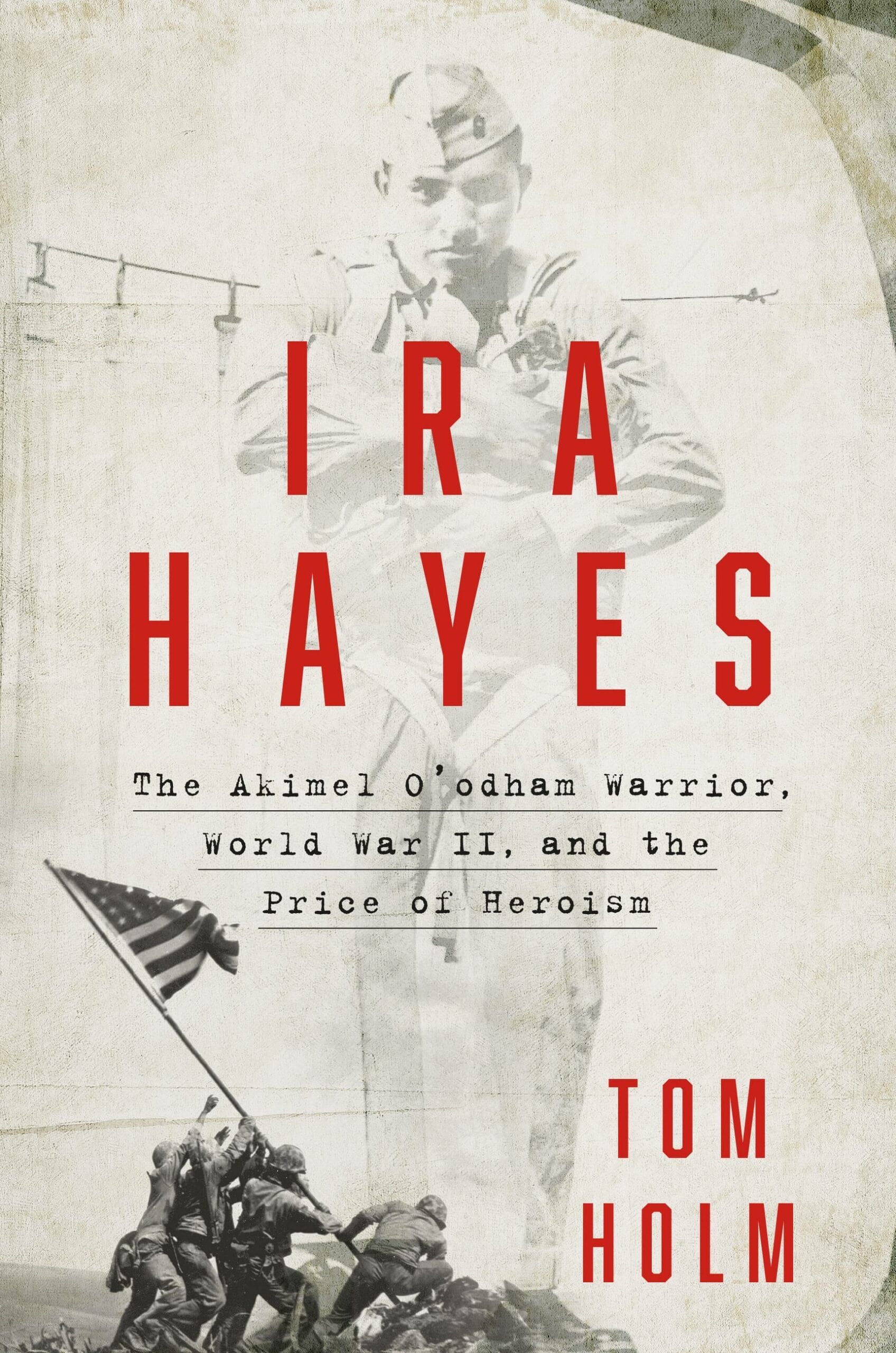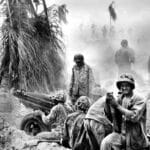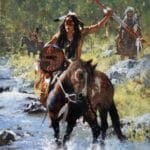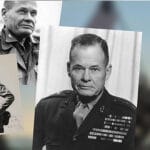Ira Hayes, a Pima Native American, transcended cultural barriers to become a symbol of American resilience during World War II, only to be tragically consumed by the very war he helped win. His story, interwoven with bravery and despair, is one of a quiet hero who never truly found peace after returning from the battlefields of Iwo Jima.
From Sacaton to Iwo Jima: A Young Pima Marine
Born on January 12, 1923, in Sacaton, Arizona, on the Gila River Indian Reservation, Ira Hamilton Hayes’s early life was shaped by the harsh realities faced by many Native Americans during that era. The eldest of six children, Ira witnessed firsthand the struggles of poverty and the sting of persistent discrimination. Described as a quiet and reserved young man, these early experiences likely instilled in him a deep sense of responsibility and a fierce determination to overcome adversity.
In August 1942, driven by a sense of duty and perhaps a desire to escape the confines of reservation life, Ira enlisted in the United States Marine Corps Reserve. He would later volunteer for paratrooper training, a testament to his physical strength and unwavering courage. This decision would ultimately lead him to the volcanic shores of Iwo Jima, one of the most brutal battlegrounds of the Pacific War.
The Flag Raising: A Moment Frozen in Time
On February 23, 1945, after weeks of fierce fighting, Ira Hayes and five fellow Marines raised the American flag atop Mount Suribachi, a pivotal moment in the Battle of Iwo Jima. Photographer Joe Rosenthal’s iconic image of this event captured the spirit of American determination and became a symbol of victory for a nation weary of war.
While the photo immortalized these men as heroes, for Ira, it marked the beginning of a complex and troubled journey. He was uncomfortable with the sudden fame and the way the image seemed to overshadow the sacrifices of countless others. Haunted by the memories of fallen comrades, including his close friend Harlon Block, Ira struggled to reconcile the triumph of the moment with the devastating losses he had witnessed.
The Struggle to Find Peace: A Hero’s Unseen Battles
Returning home from the war, Ira found himself thrust into a world that struggled to understand the psychological wounds he carried. Despite being hailed as a hero, he faced continued prejudice as a Native American, a poignant reminder of the deep-seated inequalities that persisted within the nation he had fought to defend.
He participated in war bond tours and even appeared in the film “Sands of Iwo Jima,” but these public appearances only amplified his internal struggles. Alcohol became a dangerous coping mechanism, a way to numb the pain and silence the haunting memories of war.
A Tragic End: The Price of Unhealed Wounds
On January 24, 1955, at the age of 32, Ira Hamilton Hayes was found dead near his home in Sacaton, Arizona. The official cause of death was listed as accidental alcohol poisoning, but many believe it was a deeper, more complex tragedy—the result of a life burdened by survivor’s guilt, the weight of fame, and the invisible wounds of war. His death sparked national mourning and ignited a debate about the treatment of Native American veterans and the hidden costs of war.
Ira Hayes’s Legacy: Beyond the Flag, A Call for Understanding
Ira Hayes’s story is a powerful reminder that heroism comes at a price. It challenges us to look beyond the iconic images and the simple narratives of war and to acknowledge the complex and often-unseen struggles faced by those who serve, particularly those from marginalized communities. His legacy compels us to confront the enduring legacy of trauma left by war and to advocate for greater understanding and support for all veterans battling the invisible wounds of conflict.
While his life was tragically cut short, Ira Hayes’s story continues to resonate today. His courage on Iwo Jima and his subsequent struggles serve as a testament to the strength and resilience of the human spirit in the face of adversity. They also remind us that true heroism lies not only in acts of valor but also in the ongoing fight for justice, equality, and healing for all.
If you’re interested in exploring the lives of other figures who, like Ira Hayes, left their mark on history, you might be captivated by the story of Jack Rackham pirate, a notorious buccaneer who sailed the Caribbean.
- Unveiling the Enigma: Mansoureh Khojasteh Bagherzadeh’s Public Appearances & Private Life in Iran - July 18, 2025
- Unveiling the Mystery: Mansoureh Khojasteh Bagherzadeh’s Husband: A Rare Glimpse into a Private Life - July 18, 2025
- Unveiling Masoud Khamenei’s Mother: Power, Influence, and Iran’s Future - July 18, 2025
















